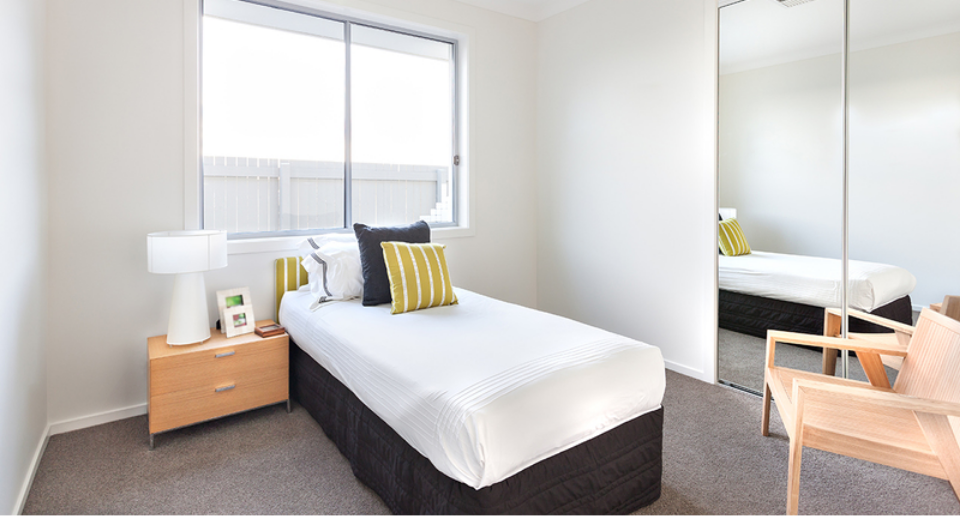
Host housing is the only option for many – and councils can help ensure it works well
This article was originally published in Inside Housing.
A home with an abusive partner. A terrifying night on the street. A male-dominated hostel where drug use is rife and the threat of violence is everywhere.
The most vulnerable women of society are facing impossible choices as the housing crisis deepens and specialist services are few and far between.
But a new report, published on Monday, finds that a further option is emerging from this urgent need for safe homes: host housing.
Host housing schemes are set up to enable members of the public to temporarily offer a room in their house to someone in need.
Traditionally used to house refugees and migrants with no recourse to public funds, these schemes are increasingly housing other groups bearing the brunt of austerity: young people and, most recently, women, with new schemes set up specifically for survivors of domestic abuse and modern slavery.
While it is vital that local authority housing teams do not come to rely on these schemes as if they are statutory housing, they have an important role to play in working with them to ensure a swift move-on from what could be a positive, transitional housing option.
“There are ways this emerging sector of hosting schemes can be developed to meet the needs of the women who need it most”
Amy Doyle, Deputy Chief Executive
Hosting Her, a report commissioned by Commonweal Housing and written by researchers Lisa Young and Tessa Horvath, set out to examine how these schemes – old and new – are working to support women and how they might be more tailored to meet their needs.
The report raises particular concerns about the growing use of these schemes in place of a lack of alternative housing provision and specialist support.
And while a growing number of women need access to hosting schemes, too many are not even taking appropriate measures to keep women safe, let alone to meet their needs. According to one interviewee, some hosting schemes are not even carrying out basic DBS checks on hosts.
But it’s not all doom and gloom. If host housing is implemented well and works in a gender-informed way, it could be the right support a woman needs at the right stage in her journey.
Some participants in the research highlighted that the home environment created by hosting schemes could be particularly positive for young women.
Crucially, what it comes down to is choice, rather than necessity. Host housing schemes should be an option for women from a range of housing support, rather than the only option they are stuck with. For too many women, particularly migrant women with no recourse to public funds, the latter is currently the case.
While we wait for government to address the ever-deepening housing crisis, women are increasingly at risk – facing violence and abuse on the streets and in their homes.
Local authorities must not come to depend on the kindness of members of the public to meet targets for taking people off the street. But there are ways this emerging sector of hosting schemes can be developed to meet the needs of the women who need it most.
“Local councils must not refer into these schemes, to prevent them from being considered a replacement for statutory housing”
Amy Doyle, Deputy Chief Executive
The report sets out a range of recommendations to address this challenge.
It calls on national and local government to urgently address the drivers of women’s homelessness and ensure they have safe and appropriate housing available – this includes investing in social housing and ensuring women have a choice of safe, women-only hostels.
Importantly, the voluntary sector must ensure that these schemes remain independently funded and outside of the commissioning structures of local authorities. Local councils must not refer into these schemes, to prevent them from being considered a replacement for statutory housing.
But local authorities have an important role to play, by working with schemes to ensure those they are home to are included in homelessness counts and enabling guests to swiftly move out of host homes and into more long-term accommodation when it is available.
As the report suggests: with independent funding, hosting schemes and women’s services can work together, so that the right kind of women-specific provision is available to women, when they need it.
But we have a lot of work to do before women are able to make the right housing choice for them. Right now, too many are faced with the impossible ones.
